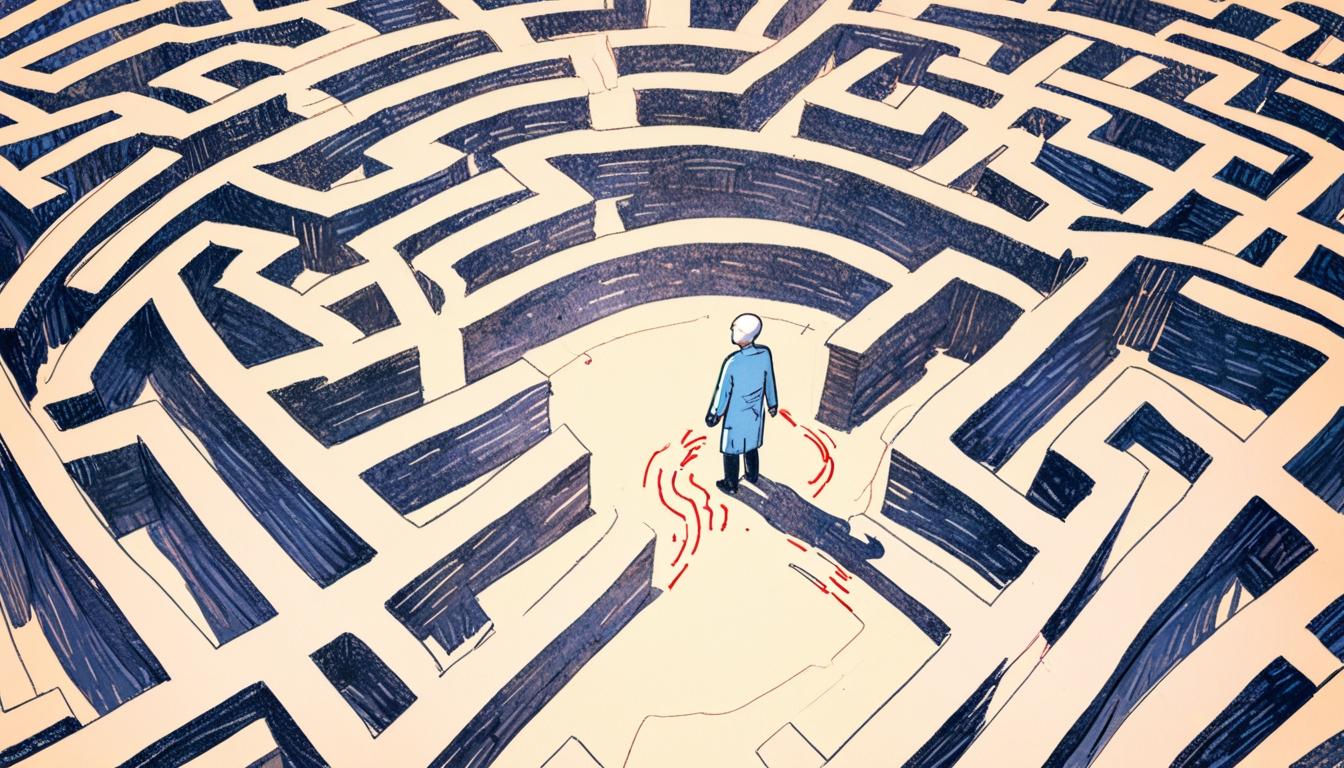A recent report has highlighted significant challenges faced by patients with rare autoimmune rheumatic diseases (RAIRDs) within the UK health system, revealing that these individuals are often overlooked and left to "fall through the cracks." The Rare Autoimmune Rheumatic Disease Alliance (RAIRDA) has pointed to prolonged delayed diagnoses, poor care coordination, and disparities in access to information and support as key issues affecting this patient group.
RAIRDs encompass conditions such as lupus, Sjogren’s syndrome, vasculitis, scleroderma, and Raynaud’s phenomenon. These diseases involve an overactive immune system attacking healthy body tissues, making prompt and effective medical intervention critical.
The findings stem from a survey conducted by Ipsos involving 1,300 people living with these rare conditions across the UK. Results showed that nearly 30% of respondents waited five years or more from the onset of symptoms before receiving a correct diagnosis. The average wait from symptom emergence to diagnosis stood at 31 months, with considerable variation depending on the specific condition. Many patients initially received incorrect diagnoses for other ailments.
Post-diagnosis, the reported difficulties continued. Almost 10% of patients experienced waits of up to a year before seeing a specialist, despite the average specialist wait time being around five months. RAIRDA emphasised that timely treatment is essential to prevent unnecessary disease progression. Additionally, 5% of respondents found themselves responsible for coordinating their own care, while 9% were uncertain about who held this responsibility. Only 26% felt confident that their general practitioner (GP) understood their condition adequately.
Sue Farrington, co-chairwoman of RAIRDA, outlined the systemic shortcomings reflected in the report, saying: “As this report shows, across the UK, people with RAIRDs are not getting the care they need. The evidence echoes the stories we hear every day from our patient communities – the UK’s health system is not working for people living with RAIRDs, and they are falling through the cracks.”
She further commented on the broader context, observing: “These findings are perhaps not unsurprising, in a system where there has been an increasing focus on major and common conditions. The UK Rare Diseases Framework and subsequent action plans have enabled a significant step for rare conditions, but more is needed.”
The report stresses the impact of geographical disparities on patient care, noting that experiences vary widely depending on where individuals live within the UK.
RAIRDA has put forward recommendations aimed at improving the situation. Key proposals include expanding specialised networks for rare diseases, shortening diagnostic waiting times, enhancing access to support services, and improving the overall care experience for patients.
In response to the report, a Department of Health and Social Care spokesperson acknowledged the difficulties faced by people living with rare diseases and their families. They affirmed that improving care coordination is a priority, pointing to the government's recent Rare Diseases Action Plan, which outlines measures intended to enhance support for this group. The spokesperson also referenced the broader Plan for Change initiative, which aims to reduce waiting times and invest in healthcare facilities to ensure all patients receive appropriate care and treatment.
The RAIRDA report and subsequent government response underscore ongoing efforts to address the challenges faced by patients with rare autoimmune rheumatic diseases within the UK’s healthcare system.
Source: Noah Wire Services
